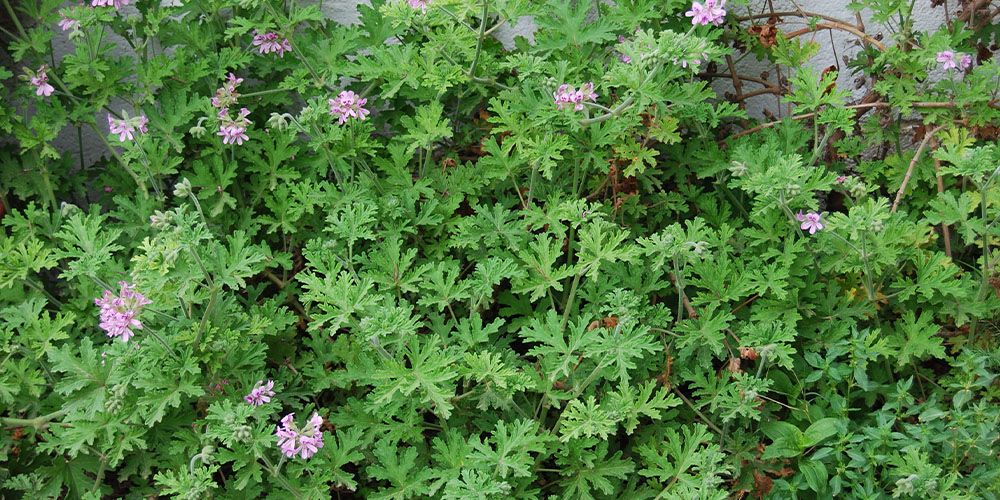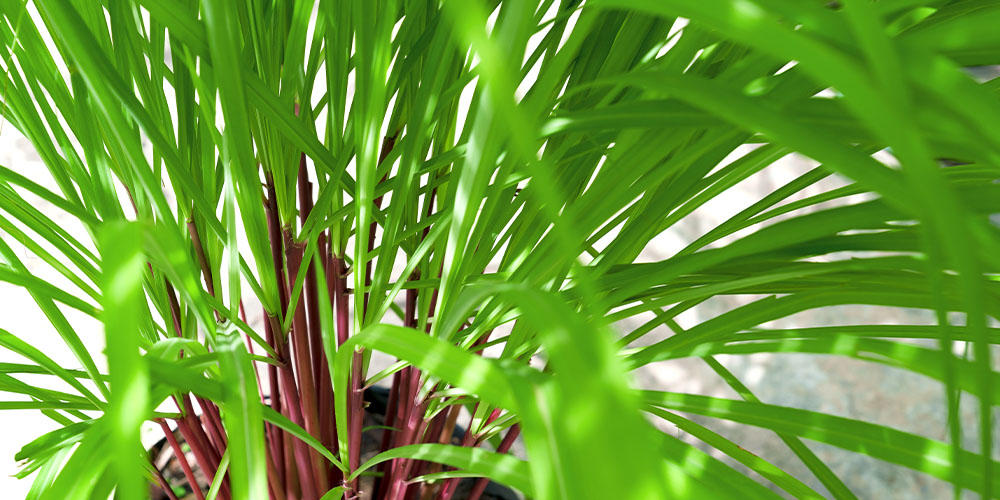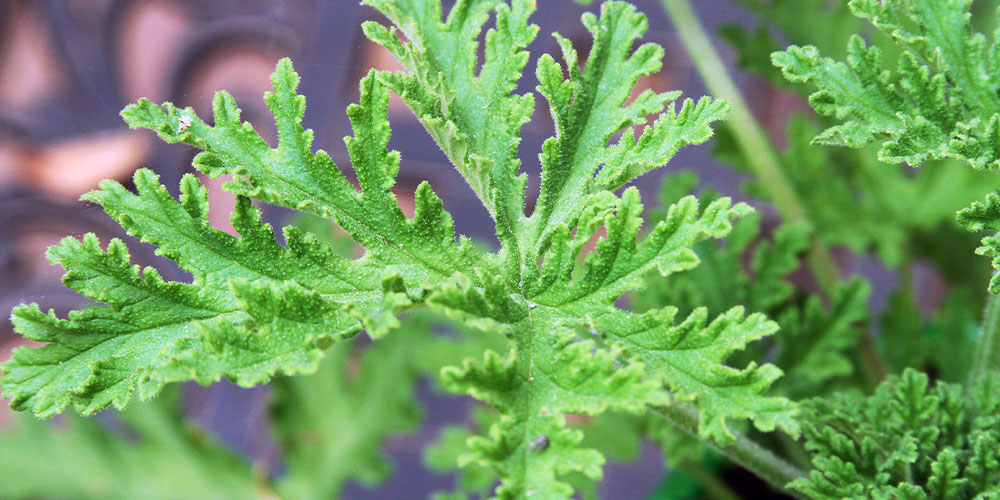Insects are essential to life—both in the garden and globally—but they can be pesky at times, especially when barbeque season is underway. Fortunately, there are natural ways to let them have fun while we have ours, like growing citronella and lemongrass! Here’s how to grow, use, and care for these special plants this summer!
The Ecological Role of Mosquitoes
Before we judge mosquitoes too harshly, we need to appreciate their role in our forests and other ecosystems. As larvae in the water and adult flies, they provide an essential food source for many creatures we love. Bats, fish, spiders, salamanders, frogs, and dragonflies all dine on mosquitoes, as well as many birds, including hummingbirds and swallows.
Cut out mosquitoes, and we lose a significant part of the food chain. Plus, believe it or not, mosquitoes are also pollinators. They feed on nectar and spread pollen, just like bees.

How to Grow Plants to Deter Mosquitoes
Despite their important role in our ecosystem, they can still be a nuisance right outside our house. Luckily, citronella plants and lemongrass have essential oils that deter mosquitoes. You’ll find these oils in some insect repellents, but you can also grow these plants themselves right in your garden. Mosquitoes will stay away from the lemony scented leaves while you enjoy the fragrance throughout the summer.
Two Types of Citronella Plants
Two garden plants use the name citronella: citronella grass and citronella geranium. Both contain the effective mosquito-repellent essential oils in the leaves and emit the lemony scent:

- Citronella Grass: produces bushy, narrow leaves of green grass that grow upwards of 5 feet tall. For the best care, give them lots of moisture, and plant them in sunny spots with some afternoon shade.
- Citronella Geranium: has lacey geranium-like leaves with purple, pink, or white flowers and needs well-draining soil and full sun or partial shade for healthy growth. It’s a garden species originally crossed between citronella grass and African geranium.
How to Repel Bugs with Lemongrass
Lemongrass is another plant from the citronella family with insect repelling properties. It does not have the same essential oil as citronella but still exudes that beautiful citrus scent that keeps mosquitoes away. It’s a bushy, hot-climate grass like the citronella grass, and it has similar care requirements. Full sun and moist soil are best, and once established, it tolerates drought very well. As a bonus, you can use your fresh lemongrass as a tasty culinary herb!
Where to Grow Citronella and Lemongrass
For best results against biting insects, grow your citronella and lemongrass as close to your gathering area as possible. Plant them in the garden around your patio, or grow them in pots that you can place on your deck, near your barbeque, or wherever you’ll be sitting.
Other Natural Ways to Deter Mosquitoes
- Eliminate Standing Water
Mosquitoes require still water to lay eggs and develop into adults, which takes 8-10 days. An easy way to cut back on your mosquito population is to get rid of standing water in your yard. Make sure your gutters are draining properly, dump any water from kids’ toys, and replenish your bird baths every two days so mosquitoes can’t hatch near your house.

- Create a Biodiverse Yard
Use the help of mother nature by attracting mosquito-eating birds and predatory insects to your yard. Dragonflies, spiders, as well as hummingbirds, orioles, warblers, swallows, sparrows, wrens, and nuthatches all eat mosquitoes. If you grow trees and plants to attract these birds, they’ll help cut down your mosquito population, and you’ll get to enjoy their beautiful songs instead.
- Long Sleeves and Repellent
If all else fails, you can always wear loose, long-sleeved clothing to keep you protected at dawn and dusk. You can also borrow and crush leaves from citronella plants for a natural repellent. Test a little on your skin first to ensure you don’t have an adverse reaction.
Make the most of what nature has to offer with natural insect repellent plants! To view our entire selection of plants, feel free to visit our nursery in Pass Christian, Mississippi!






0 Comments